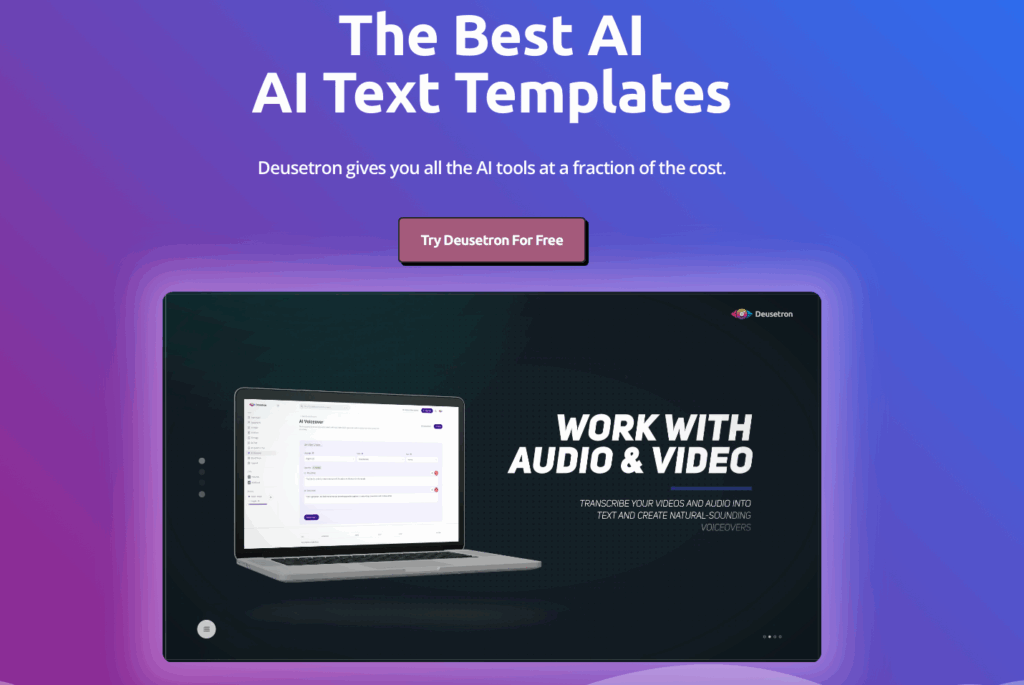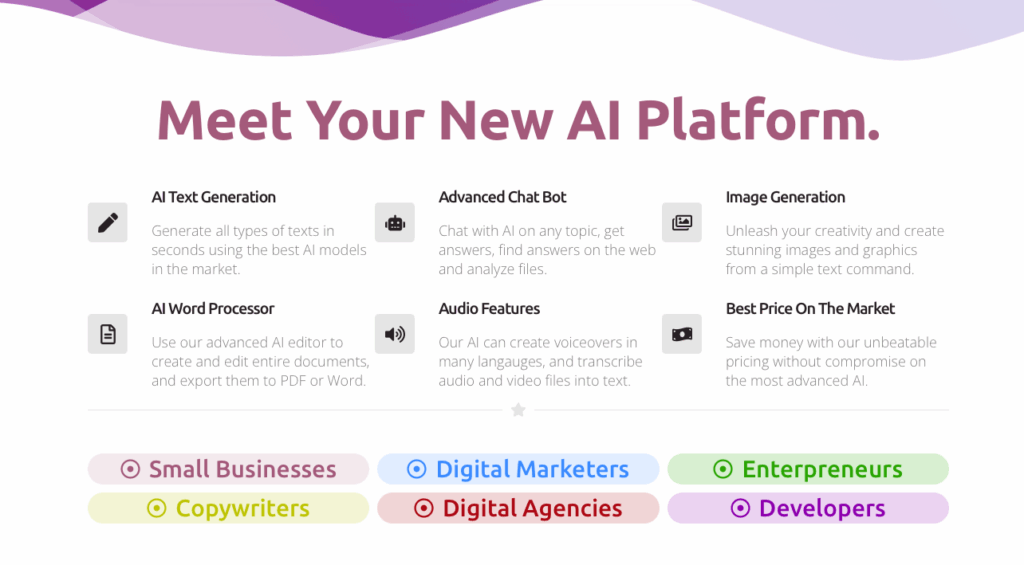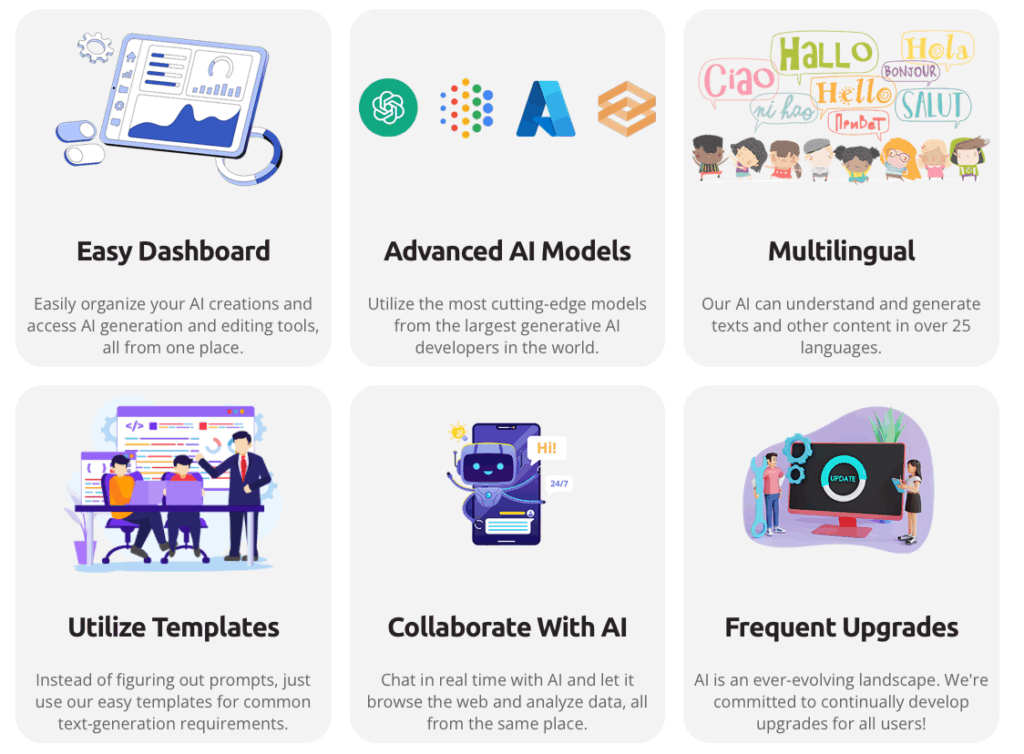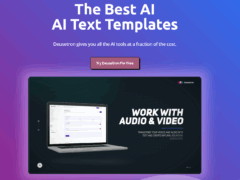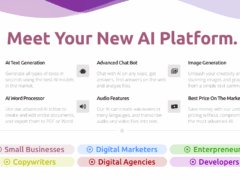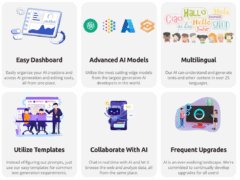Deusteron is a fictional, yet plausible, large language model developed by a European tech consortium (hypothetically inspired by companies like SAP, Siemens, or a new AI startup). Designed with a focus on the German-speaking market, Deusteron aims to bridge the gap between technical precision and natural language understanding. While not an actual product, this description imagines its potential features based on current AI trends. The model would likely be built on open-source foundations (e.g., LLaMA, Falcon) or proprietary architectures, tailored for multilingual support, business applications, and cultural nuance.
Key Features:
- Multilingual Expertise:
- Specializes in German, with strong capabilities in other European languages (e.g., French, Dutch, Polish) and technical jargon.
- Example: “Translate this engineering manual from English to German” or “Explain the difference between ‘sollen’ and ‘müssen’ in formal contexts.”
- Business and Industry Focus:
- Optimized for enterprise use cases like logistics, manufacturing, and finance, with domain-specific knowledge.
- Example: “Analyze this supply chain report and suggest cost-saving measures” or “Generate a compliance checklist for GDPR.”
- Cultural and Regional Adaptability:
- Understands regional dialects (e.g., Swiss German, Austrian German) and cultural contexts.
- Example: “Write a marketing campaign for a Bavarian beer brand targeting young professionals.”
- Integration with European Platforms:
- Hypothetical partnerships with European tech ecosystems (e.g., SAP, Microsoft, or local startups) for seamless workflow integration.
- Example: “Automate invoice processing using Deusteron’s OCR and data extraction tools.”
- Ethical AI Framework:
- Emphasizes transparency, data privacy (aligned with GDPR), and bias mitigation.
Use Cases:
- Business Operations: Streamlining documentation, customer service, and internal communication.
- Education: Supporting language learning, technical training, or academic research.
- Healthcare: Assisting with medical documentation, patient communication, or research in German-speaking regions.
- Creative Industries: Writing scripts, translating literature, or generating content for local audiences.
Strengths:
- Localization Expertise: Deep understanding of German-speaking markets and cultural nuances.
- Enterprise Readiness: Tailored for complex workflows in industries like manufacturing, finance, and healthcare.
- Ethical Design: Prioritizes compliance with European regulations and user privacy.
Limitations (Hypothetical):
- Niche Focus: May lack the global reach of models like ChatGPT or Grok.
- Limited Real-Time Data: Without integration with platforms like X (Twitter), it might struggle with current events.
- Technical Constraints: Still evolving, with potential gaps in non-European languages or specialized domains.
Conclusion:
Deusteron, as a fictional model, represents the growing demand for regionally tailored AI solutions. While not a real product, its hypothetical design highlights the importance of cultural and linguistic specialization in AI. For businesses and users in German-speaking regions, such a tool could revolutionize workflows, education, and communication. However, like all AI systems, it would require careful implementation, ethical oversight, and continuous refinement to address limitations and adapt to evolving needs. Always verify outputs, especially for critical tasks, to ensure accuracy and alignment with regional standards.
